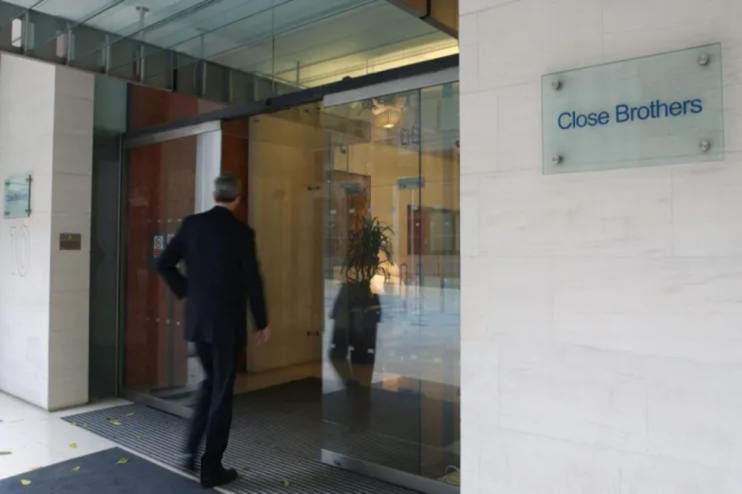Close Brothers warned of £640m hit if car loan scandal spreads

Close Brothers could take a financial hit worth almost double its stock market value if a brewing car loan scandal spreads to other areas of consumer finance, analysts have warned.
The lender, which has a market capitalisation of £339m, could face a bill as high as £640m if the precedent set by a landmark court ruling impacts its premium finance business, RBC Capital Markets estimated.
In a case involving “secret” motor finance deals, the Court of Appeal ruled on 25 October that a broker could not lawfully receive a commission from the lender without obtaining the customer’s fully informed consent to the payment.
Shares in Close Brothers are trading at their lowest level in three decades as the decision has made it more likely that the Financial Conduct Authority (FCA) will implement a multibillion-pound redress scheme in its review into the now-banned discretionary commission arrangements (DCAs).
Close Brothers, considered the most exposed bank to the probe in relative terms, temporarily stopped writing new car loans as it digested the ruling. Several other auto lenders also followed suit.
The precedent could go beyond car loans and apply to a range of consumer finance commissions, lawyers have argued. Metro Bank temporarily halted asset finance lending to review the court’s decision.
“One possible interpretation is that the decision is broad enough to encompass any broker commission in any finance arrangement in which the borrower did not provide informed consent to the commission being paid,” said Benjamin Toms, an analyst at RBC.
He estimated that Close Brothers could face a worst-case “liability” worth up to £250m from premium finance if the Supreme Court upholds the motor finance judgement and applies a “broad interpretation”.
The 146-year-old merchant bank provides premium finance to one in seven UK families and one in 20 businesses, according to its website.
Premium finance allows more than 20m people in the UK to take out a third-party instalment loan to pay for non-life insurance products. Like motor finance, banks pay brokers commissions for acting as an intermediary.
“We believe it to be unlikely that the quantum of these commissions are typically disclosed to the customer,” Toms said.
Premium finance is also under regulatory scrutiny, with the FCA launching a review of the market last month amid worries that consumers may not be getting fair or competitive deals.
RBC has now priced a £100m provision for premium finance into its model for Close Brothers’ commissions exposure, which totals £420m.
Its “downside scenario”, combining motor and premium finance, would see the bank take a roughly £640m hit to its profits. This estimate includes compensation, interest and administration costs.
Toms said the numbers suggested “there could be a bleaker path”. RBC kept its outperform rating on Close Brothers’ stock but added a “speculative risk” qualifier to reflect more unpredictability around its earnings.
Close Brothers declined to comment. Its shares traded mostly flat on Tuesday.